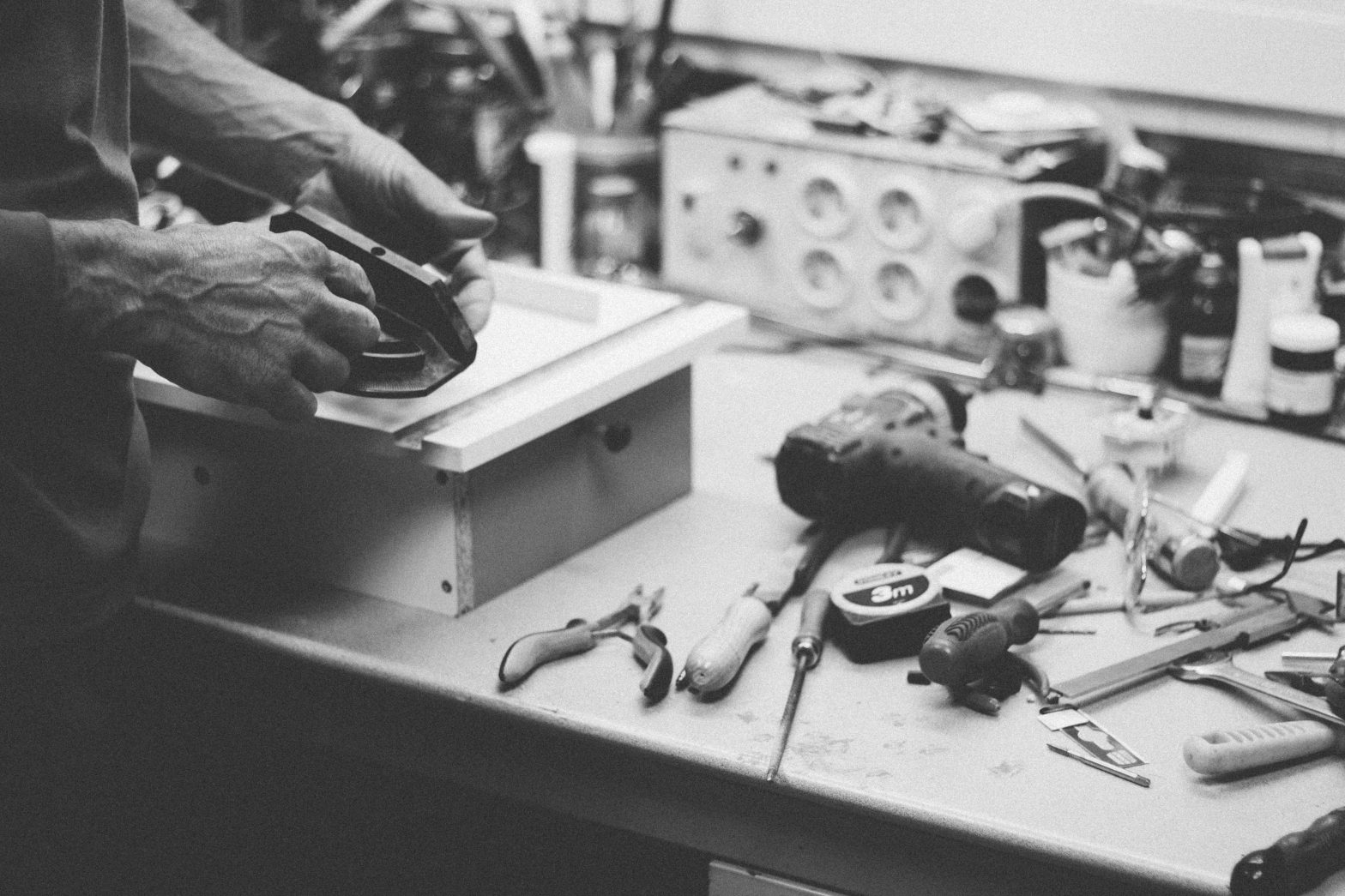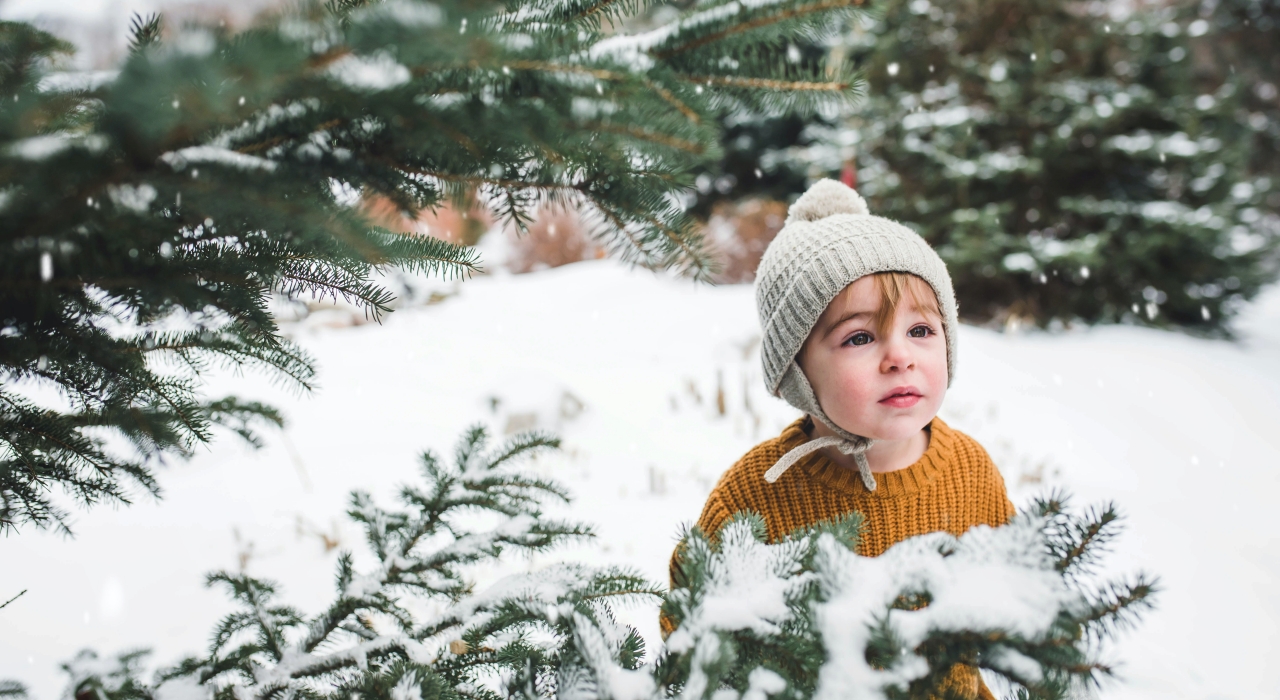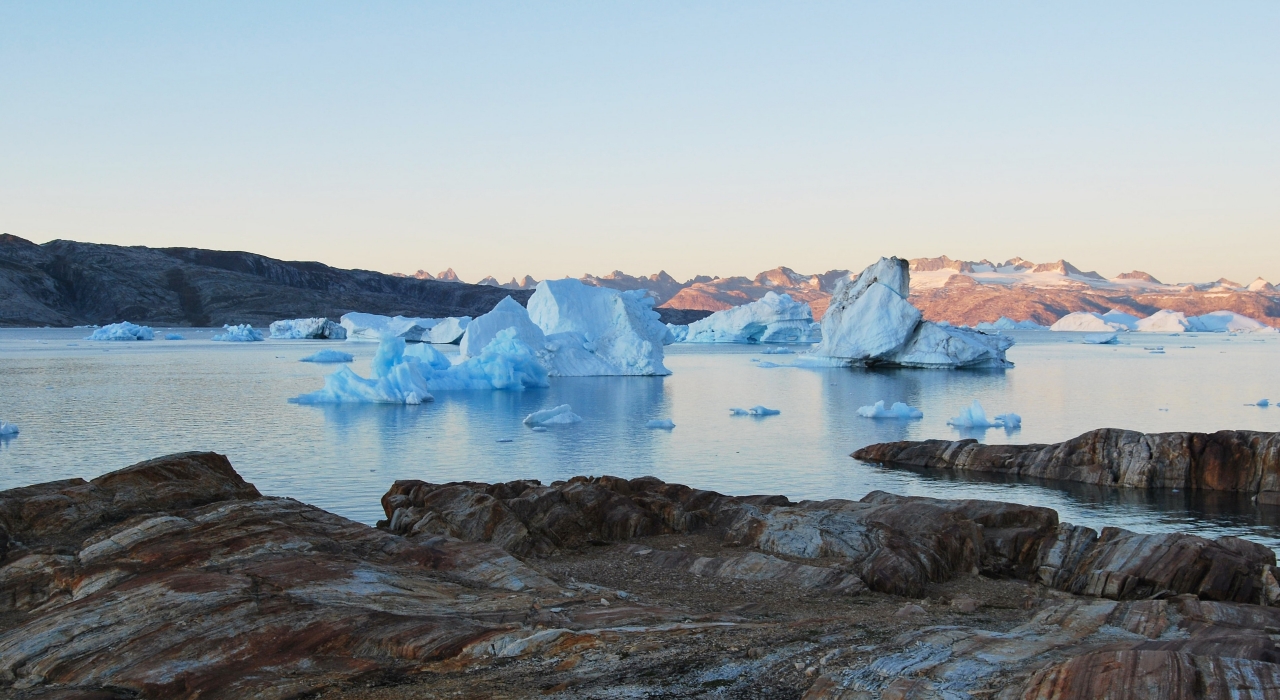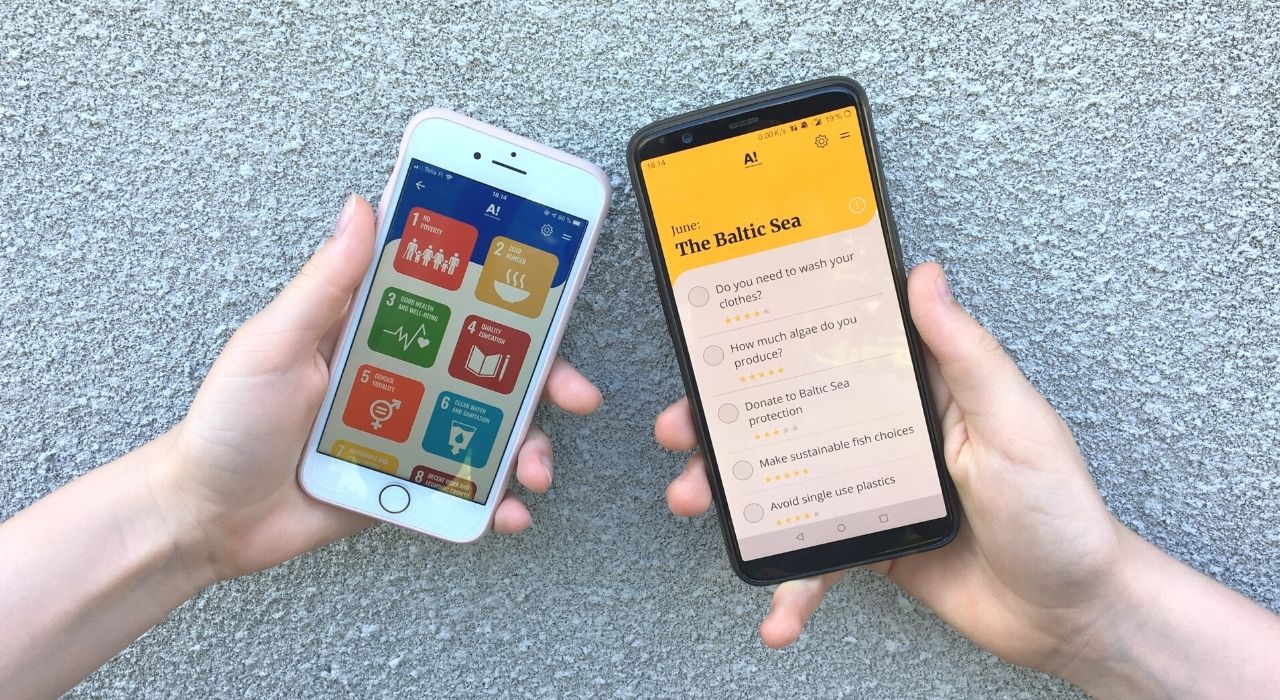Finland’s Circular Economy Roadmap emphasizes that all actors have a role to play: including governments, municipalities, businesses and citizens. While there is a lot of discussion about how businesses can transform their products and services for the circular economy (CE), and what municipalities could do to encourage more circular patterns, citizens’ potential to contribute to the CE does not get as much attention.
Category Archives: Sustainability Science
Climate-friendly meat: A nuanced approach to climate-savvy beef consumption
The discussion on the sustainability of meat is not new here. The HELSUS blog has reviewed the university community’s general satisfaction regarding UniCafe’s decision to remove beef from the lunch menu due to climate concerns. The restaurant frames its decision as part of a rising trend in which plant-based diets are identified as a simple way to move towards sustainability. While grass-fed beef is said to provide valuable ecosystem services, even this production is climatically damaging. But is this the whole picture?
Bringing up a sustainability science institute – HELSUS turning 3 years
I have been a part time director of HELSUS since the fall 2018. The emphasis here is on the part time. It has not always been easy to allocate time between all that comes along with this position and with other pre-existing academic duties, in particular, teaching and supervision at all academic levels. Forgetting the struggle with managing time, this unique stance gives me a possibility to reflect from the inside on what has become of HELSUS so far. And also, a bit on what kinds of prospects and challenges I see for HELSUS in coming years. Community expansion and international recognition of HELSUS are the two elements that I would like to address along with the obvious angle – the role that HELSUS has in materializing the new University of Helsinki 2030 strategy in terms of being a frontrunner in sustainability.
Multidisciplinary insights into Arctic matters
A panel discussion held on December 10th gathered together Arctic area experts and students of University of Helsinki. The remote event was organized as a part of “Multidisciplinary environmental research – disciplinary perspectives to environmental questions” -course and the topic and the questions were chosen by its students. The panel discussion was hosted by Hannele Pokka, Professor of Practice at the Faculty of Biological and Environmental Sciences, and the guests included several Arctic area specialists: Nina Brander (Secretary General of the Arctic Advisory Board, PM’s Office), Timo Koivurova (Research Professor, Director of Arctic Institute, University of Lapland), Atte Korhola (Professor of Environmental Change, University of Helsinki) and Reetta Toivanen (Professor of Sustainability Science, HELSUS). Here are some of the main takeaways of the event.
Striving for sustainable development in everyday life
Individual change is necessary to tackle sustainability challenges effectively. At Aalto University, we have developed a new app, AaltoSDG, in order to encourage its users to contribute to the UN Sustainable Development Goals by taking individual action and pushing for systemic change.





